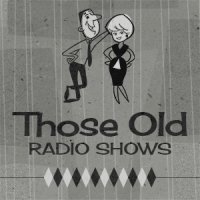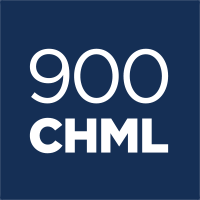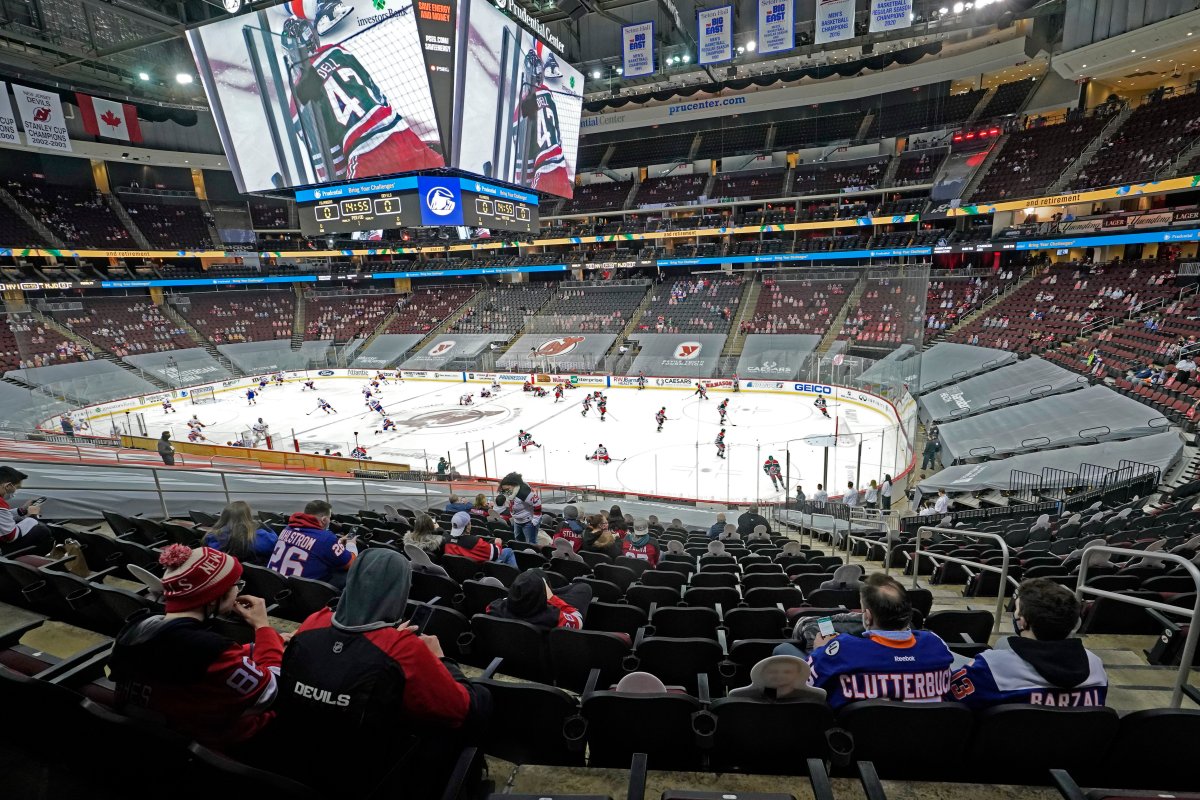Like virtually everything else around the globe, the sports world was flipped on its side by the COVID-19 pandemic one year ago.

Despite bubble cities, shortened seasons and the constant testing of athletes for the novel coronavirus, what we have been left with is an industry that is a shell of its former self.
Yes, the National Hockey League was able to pull off a successful bubble in Toronto and Edmonton last summer and award the Stanley Cup, and the National Basketball Association pulled off the same feat in their bubble at Disney World, but it just wasn’t the same without a live crowd to cheer and jeer the highs and lows of each game.

Major League Baseball and Major League Soccer figured out how to make their shortened seasons work in the face of numerous positive COVID-19 tests at the onset of their respective campaigns, while the National Football League managed to play every game on its schedule despite a handful of postponed contests along the way.
But it hasn’t worked out for every league.
The Canadian Football League and Ontario Hockey League are still searching for answers as to how they can return to play safely, with the health and safety of their athletes, coaches and officials as great a concern as the financial commitment that it will take to hold even a shortened season.
The financial strain of COVID-19 on sports has been immense. According to Forbes, the NHL, NBA, NFL, MLB and NCAA saw their combined revenue plunge by $14.1 billion in 2020 compared to the previous year.

It is clear that without fans in attendance every league has been forced to bite the financial bullet, so much so that the NHL – the most dependent of North America’s four major sports leagues on ticket revenue – has been forced to hold the line on its salary cap for the first time ever, while the CFL lost a reported $60 million to $80 million after its 2020 season was wiped out by the pandemic.
A full year into the pandemic, the question now is what will sports look like in the future?
With vaccines being administered to residents across North America and around the world it will only be a matter of time before we reach heard immunity and get the upper hand on a virus that has claimed the lives of more than 2.6 million people globally.
However, with talk of a third wave, and even chatter about the next pandemic, sports leagues will have to think about how they can best keep fans safe in their venues.
Will we see each seat at Scotiabank Arena, for instance, separated by plexiglass, or fewer seats at Yankee Stadium so fans are not right on top of each other? Will franchises force their fanbase to prove that they have received the COVID-19 vaccine before entering their gates?
My best guess to each of those questions is ‘no.’
Teams will want to welcome back their fans with the fewest restrictions possible, and by extension, reap the financial benefits that come with stuffing as many people into their arenas and stadiums as they can while selling a bunch of merchandise and feeding them overpriced food and beverages.
At the end of the day, sports is a business and each league and their franchises are salivating at the thought of a return to normalcy, from both a fan and financial perspective.
The biggest question is — when will that normalcy return?
Rick Zamperin is the assistant program, news and senior sports director at Global News Radio 900 CHML.









Comments